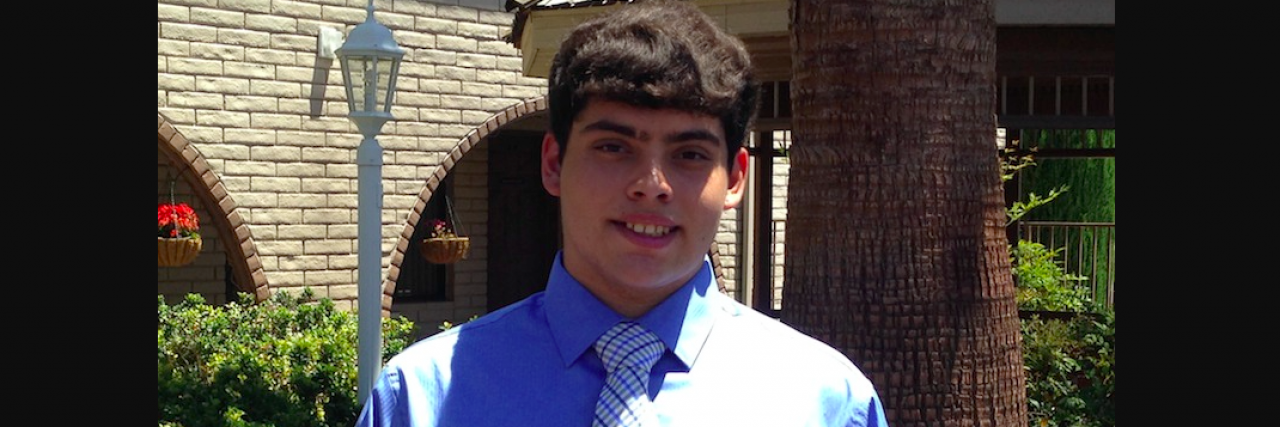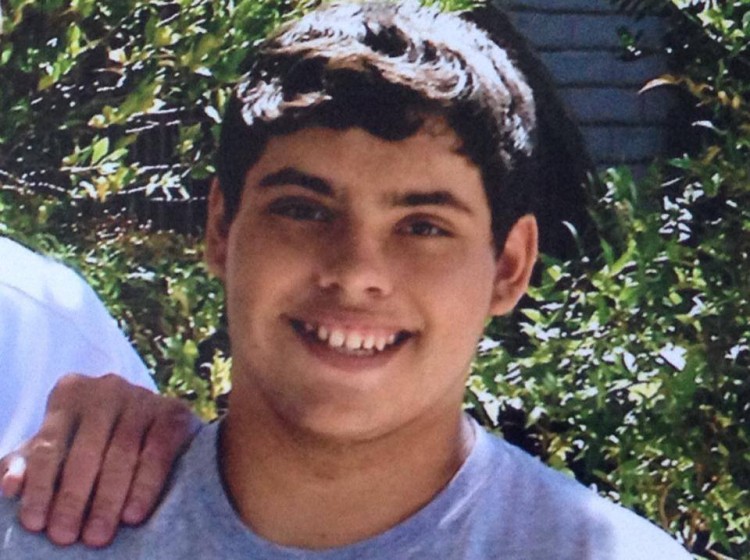About a year ago, as we were in the throes of begging a Dallas psychiatric hospital to treat our 15-year-old son, a family member made some interesting comments. In a conversation that took place on Facebook, I was accused of spoiling my child, not parenting properly and, in my attempt to obtain treatment, relying on the government to take care of a responsibility that was ultimately my own. The words were harsh, judgmental and they stung. My feelings were deeply hurt.
• What is Bipolar disorder?
I engaged in the conversation to defend myself and help my family member understand the entire situation. Unfortunately, I was met with more judgment and even greater hostility. In an attempt to salvage our now deeply fractured relationship, I left the conversation.
A year has passed since that hurtful event took place, and I’ve sincerely tried to move forward in a spirit of love and grace. I believe my family member simply doesn’t understand.
But a whole year later, I woke up to another upsetting comment from my relative. Although this time the words weren’t targeted directly at me, they were just as harsh and judgmental. The hostile nature of the post and the similarities to last year’s dialogue stirred some deep emotions within me.
As I’ve been licking my wounds and processing the situation, a revelation came to me: My relative’s lack of understanding, lack of empathy, lack of compassion and false perception of my family’s situation represents the way most of our nation views mental illness.
I am blessed to be surrounded by a community of people who are supportive, empathetic and who have stepped up and stepped in to walk this horrific journey with my family. As a result, I live in a bubble. I’m protected and therefore sheltered from the harsh critics in our society.
But the harsh critics exist, even in our own families.
Through my tears and in my attempt to understand my relative’s point of view, I found myself filled with a greater desire to bring awareness, provide more education and move our society forward. I’m actually thankful my family member attacked. His words served as a great reminder: People do not understand.
And how can they?
For all of history, society has done everything in its power to sweep the issue of mental illness under the rug. No one wants to be associated with mental illness. No one wants to admit mental illness exists. Certainly no one wants to have a mental illness in their family. No one wants to be mentally ill. Nobody wants to be “crazy.”
But I refuse to walk in shame.
Before you judge my son and our journey of treatment, know this:
My son has a physical illness that affects his brain. He has severe bipolar disorder, which can be extremely difficult to treat. This illness is as real as another person’s heart disease, diabetes or cancer. This illness is not a result of bad parenting, too many video games, being spoiled or lack of faith. This illness is biological. It requires medication and intensive treatment. If left untreated, Cody will get sicker, will likely end up in jail or on the street and his life expectancy could decrease by up to 20 years.
My family is not alone. One in four people worldwide have some form of mental illness. Five percent of Americans have a “serious mental illness,” such as schizophrenia, severe bipolar disorder or severe depression.
Are families looking for a government handout? No. Insurance companies do not cover mental health the same way they cover medical health. In our experience, insurance companies are only willing to cover up to 30 days of inpatient treatment. For a person with a severe and persistent mental illness, like my son’s, 30 days is the equivalent of putting a Band-Aid on stage IV cancer.
No other illness is treated this way.
We’re receiving treatment through our school district. Yes, the school district. Not from insurance and not from any other medical coverage. This is the way our current system is set up. It’s our only means to receive quality care. We have fought for this treatment. The cost for intensive residential treatment that our son’s illness requires is in excess of $8,000 per month. That does not include medications. I don’t know of any family who can afford these kinds of medical expenses out of pocket. It’s not our desire to receive financial assistance, but under our current system of care, we are left with no other options. We are thankful to be receiving help. There are many families who are not so fortunate.
It’s my deepest desire to bring mental illness out of the darkness and into the light. We’ve got to change the way our society views mental illness. We must eliminate the myths and focus on the facts. I long for the day when people who have mental illnesses will be added to church prayer lists instead of being criticized and condemned. I long for the day we will be less critical of one another and more understanding, empathetic and compassionate.
Wouldn’t we be better off trying on the other person’s shoes before offering judgment? Wouldn’t it be smarter to learn the facts before we offer criticism?
I do hope you will not post anything harsh or unkind about my relative. I didn’t write this to invite any more hostility. Instead, I invite you to share anything new you have learned from this information.
How has this helped you be more empathetic and understanding of mental illness?
What can you do to bring change?
If you’re in a family that’s affected by mental illness, how can this help you educate others? Can you find the courage to share your story?


